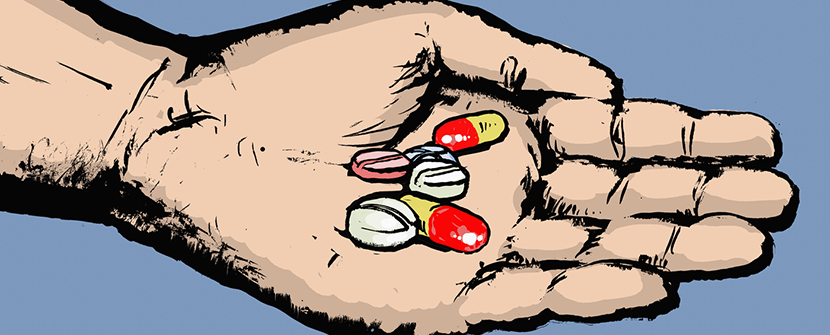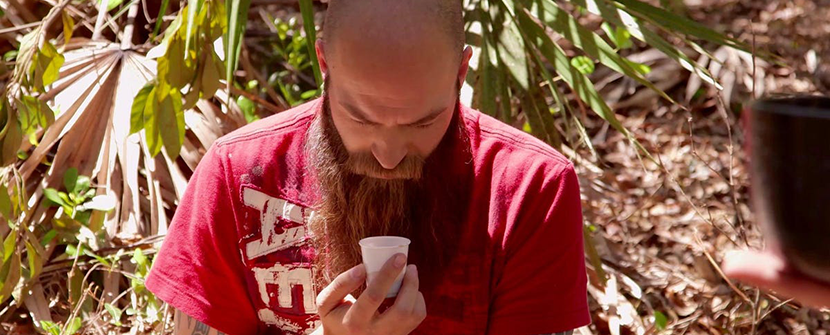Psychedelics have been gaining attention in recent years as a potential treatment for addiction. While there is still much to be learned about how these substances can be used therapeutically, several recent studies have shown promising results.
What are psychedelics?
Before diving into the research, it's important to understand what we mean by "psychedelics." This term refers to a group of substances that alter consciousness, often producing profound and sometimes mystical experiences. Examples of psychedelics include psilocybin (found in "magic mushrooms"), LSD, DMT and mescaline.
How can psychedelics help with addiction?
There are several ways in which psychedelics may be able to help individuals struggling with addiction. First, these substances have been shown to increase feelings of empathy, connectedness, and spirituality, which can help people feel more open and receptive to change. Second, they may help individuals gain new perspectives on their addiction and the underlying issues that contribute to it. Third, they can help break down rigid patterns of thinking and behavior, allowing individuals to approach their addiction in a more flexible and adaptive way.
Psilocybin for alcohol dependence
In March 2021, a randomized clinical trial published in JAMA Psychiatry investigated the use of psilocybin-assisted therapy for alcohol dependence. The study involved 90 participants who received either psilocybin or a placebo, along with cognitive-behavioral therapy. After three weeks, the psilocybin group showed significantly greater reductions in alcohol use disorder symptoms compared to the placebo group. The researchers also noted improvements in depression and anxiety symptoms in the psilocybin group.
Ibogaine for opioid addiction
A review published in the journal Psychopharmacology in May 2021 examined the use of ibogaine for opioid addiction. Ibogaine is a psychedelic substance derived from the iboga plant, and has been shown to have potential for treating addiction. The review found that ibogaine was associated with significant reductions in opioid withdrawal symptoms and cravings, and that these effects could last for several months. However, the researchers noted that more research is needed to fully understand the safety and effectiveness of ibogaine.
Psilocybin for smoking cessation
In July 2021, a pilot feasibility study published in the Journal of Psychopharmacology investigated the use of psilocybin-assisted therapy for smoking cessation. The study involved 15 participants who received psilocybin-assisted therapy over a period of four weeks. After the treatment, the participants showed significant reductions in cigarette use and improved mental health outcomes. The researchers also noted that the treatment was well-tolerated by the participants and had no serious adverse effects.
These examples provide promising evidence for the potential of psychedelics in addiction treatment. While much more research is needed, the early results suggest that these substances may be able to offer new and innovative approaches to helping people overcome addiction. As always, it's important to remember that these treatments should only be administered by trained professionals in a safe and supportive environment.








